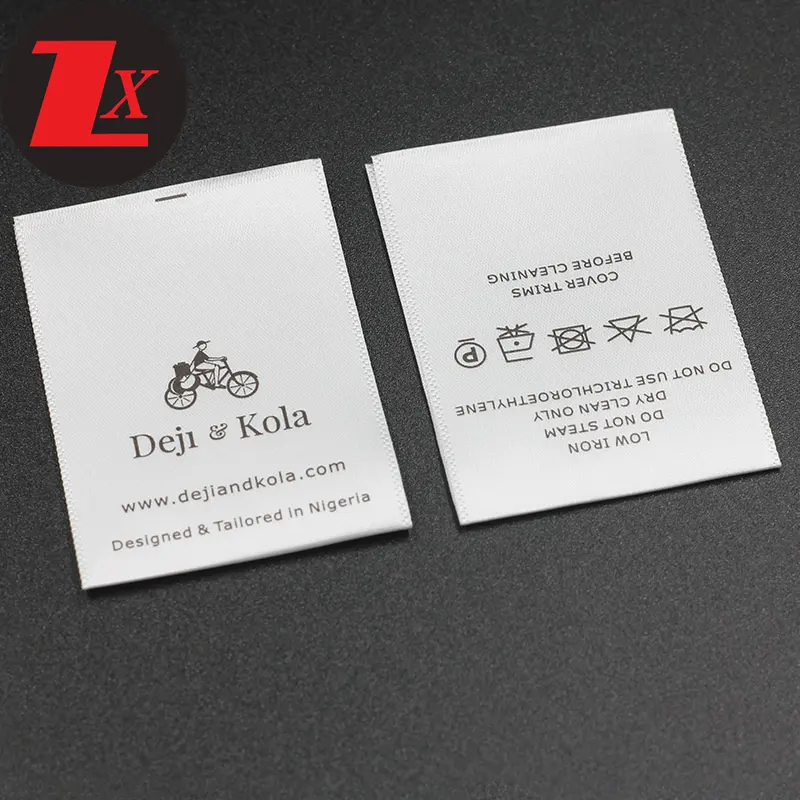
Examining the Relationship Between Clothing Labels and Consumer Buying Decisions

In the ever-expanding fashion industry, the impact of clothing labels on consumer buying decisions cannot be overlooked. This article aims to delve into the intricate relationship between apparel branding and consumer preferences, ultimately highlighting the significant role played by clothing labels in shaping purchasing choices. By understanding the profound influence of these labels, businesses can strategize more effectively and consumers can make informed decisions.
1. Building Brand Identity and Perception
The clothing label serves as a visible representation of a brand, conveying its identity and values to consumers. Through well-designed labels, brands can establish a sense of trust, quality, and appeal, influencing a consumer's perception of the apparel. An eye-catching label can instill a positive emotional connection, leading to increased desirability and a higher willingness to make a purchase.
2. Signaling Quality and Authenticity
Clothing labels provide valuable information about the materials, manufacturing processes, and care instructions for garments. These details act as indicators of quality and authenticity, influencing consumer buying decisions. A label that emphasizes premium materials, sustainable practices, or superior craftsmanship can differentiate a brand from its competitors, prompting consumers to invest in products they perceive as reliable and durable.
3. Influencing Fashion Trends
Clothing labels play a significant role in setting fashion trends by showcasing their latest designs and promoting innovative styles. Consumers often look to their favorite brands for inspiration and guidance when it comes to making fashion choices. By effectively branding their products, labels can shape consumer preferences, leading to increased sales and brand loyalty. Fashion-conscious consumers are more likely to purchase items that align with the current trends and styles promoted by the labels they follow.
4. Conveying Social and Personal Identity
Clothing labels offer individuals a platform to express their social and personal identities. Consumers often associate themselves with specific brands that align with their values, lifestyles, or desired images. Labels that successfully communicate a sense of exclusivity, sustainability, or activism can attract consumers seeking to reflect these identities. By wearing certain labels, individuals believe they are expressing a part of themselves, which can heavily influence their purchasing decisions.
5. Establishing Trust and Loyalty
The consistency and reliability of a clothing label can build trust and foster consumer loyalty. A label that consistently delivers high-quality products and designs creates a positive association with the brand. Satisfied customers are more likely to become repeat buyers and advocate for the brand among their social circles. Ensuring that clothing labels consistently meet their promises is crucial for maintaining a loyal customer base.
In conclusion, clothing labels play a pivotal role in shaping consumer buying decisions. Through brand identity, quality signaling, trendsetting, personal expression, and trust-building, apparel branding heavily influences consumer preferences. Businesses must understand and utilize the power of clothing labels to effectively connect with target audiences, while consumers should consider the impact of clothing labels on their purchasing choices to make informed decisions.
